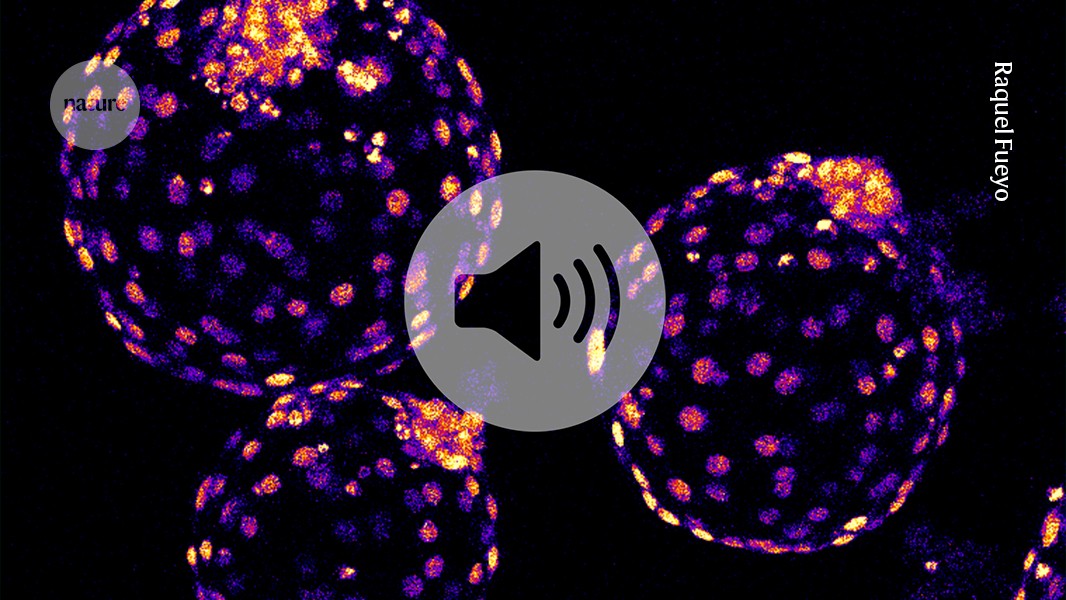
"Research suggests that ancient viral DNA embedded in the human genome is playing a key role in early embryo development. Around 8% of our genome consists of endogenous retrovirus DNA - the remnants of ancient infections, but knowledge of their activity is limited. Now, a team shows that these sequences are required for the correct development of lab-derived embryo analogues, and for the switching on of human-specific genes."
"Researchers have developed a way to use heat to recharge DNA-based computer circuits, which could help overcome one of the stumbling blocks preventing this technology from being scaled up. Although DNA strands have been used to perform computational tasks for some time, current methods can run out of energy or build up waste products, preventing their continued use. Now, using just heat, a team has demonstrated a reusable neural network based on DNA."
Ancient viral DNA embedded in the human genome functions in early embryonic development and contributes to activation of human-specific genes. About 8% of human DNA derives from endogenous retroviruses, and these sequences are required for correct development of lab-derived embryo analogues. Research highlights note that longer whale mothers are more likely to give birth to daughters, and that the corpse flower modulates its scent to attract pollinators. Heat can recharge DNA-based computational circuits, enabling a reusable DNA neural network that addresses energy depletion and waste accumulation, potentially enabling larger DNA computers for targeted therapies. A one-time gene therapy shows promise in slowing Huntington's progression, and mitochondria expel tainted DNA.
Read at Nature
Unable to calculate read time
Collection
[
|
...
]